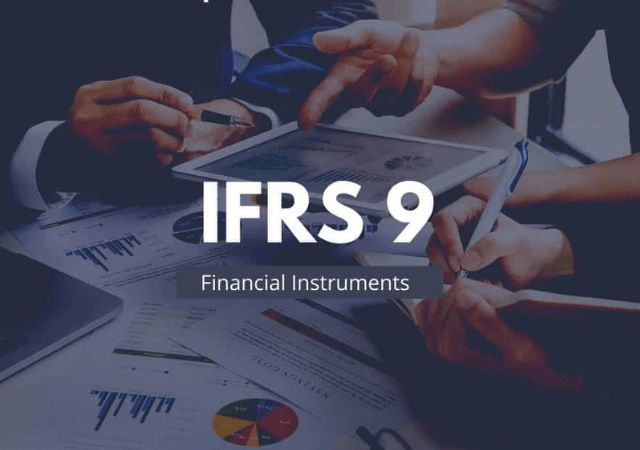How to Record Cryptocurrency Transactions in Your Company Accounts
Cryptocurrency is becoming a more common part of business activity in Singapore — whether through accepting Bitcoin or Ethereum as payment, holding digital tokens as investment, or earning income from crypto-related services. But unlike traditional cash transactions, crypto requires special accounting treatment.
This guide explains how companies in Singapore should record cryptocurrency in their accounts to remain compliant and transparent.
1. Is Cryptocurrency Considered Cash?
No. In Singapore, cryptocurrency is not treated as cash or legal tender. Instead, it is considered a digital asset (or intangible asset under accounting standards). This means it must be accounted for differently from money in the bank.
2. Recording Crypto Received as Payment
If your company accepts cryptocurrency as payment for goods or services:
-
Record revenue in Singapore dollars, based on the market value at the time of transaction.
-
Example: If you sell services worth S$5,000 and receive payment in Bitcoin, you must record S$5,000 as revenue, regardless of later fluctuations in Bitcoin’s price.
-
Any future gain or loss in value of the crypto held must be recorded under “fair value gain/loss” in your accounts.
3. Recording Crypto Purchases and Investments
When purchasing cryptocurrency as an investment:
-
Record the asset on your balance sheet at fair value.
-
Revalue the holdings at each reporting date.
-
Gains or losses must be reflected in your profit and loss statement.
Tip: Keep detailed records of purchase dates, amounts, and valuation references.
4. Accounting for Crypto-to-Crypto Transactions
If your company exchanges one crypto for another (e.g., Bitcoin to Ethereum):
-
Treat it as a disposal of one asset and acquisition of another.
-
Record the transaction based on the market value of the tokens in Singapore dollars.
5. Mining, Staking, and Rewards
For companies engaged in crypto mining or staking:
-
Treat rewards as income when received, valued in Singapore dollars.
-
Classify related expenses (e.g., electricity, equipment depreciation) as business expenses.
6. GST Implications on Crypto
Since 1 January 2020, supplies of digital payment tokens in Singapore are exempt from GST. Businesses do not charge GST when receiving or transferring crypto. However, normal GST rules still apply to goods or services sold.
7. Best Practices for Crypto Accounting
-
Use specialised accounting software or integrations with crypto wallets.
-
Maintain proper documentation: wallet addresses, transaction IDs, and valuation references.
-
Disclose cryptocurrency holdings in financial statements, as required by accounting standards.
-
Engage a professional accountant familiar with both Singapore FRS 和 crypto assets.
Final Thoughts
As cryptocurrency becomes more mainstream, businesses must ensure that their accounting practices keep up. Recording crypto correctly not only ensures compliance with IRAS and financial reporting standards but also provides a clearer picture of your company’s financial health.
If your business is starting to accept or hold digital assets, getting professional guidance is essential.
Speak to the team at USAFE for expert advice on crypto accounting, tax treatment, and compliance in Singapore.
Disclaimer: This article is for informational purposes only and does not constitute any professional advice. Feel free to contact us to consult with our professional advisors team for personalized advice and guidance.




